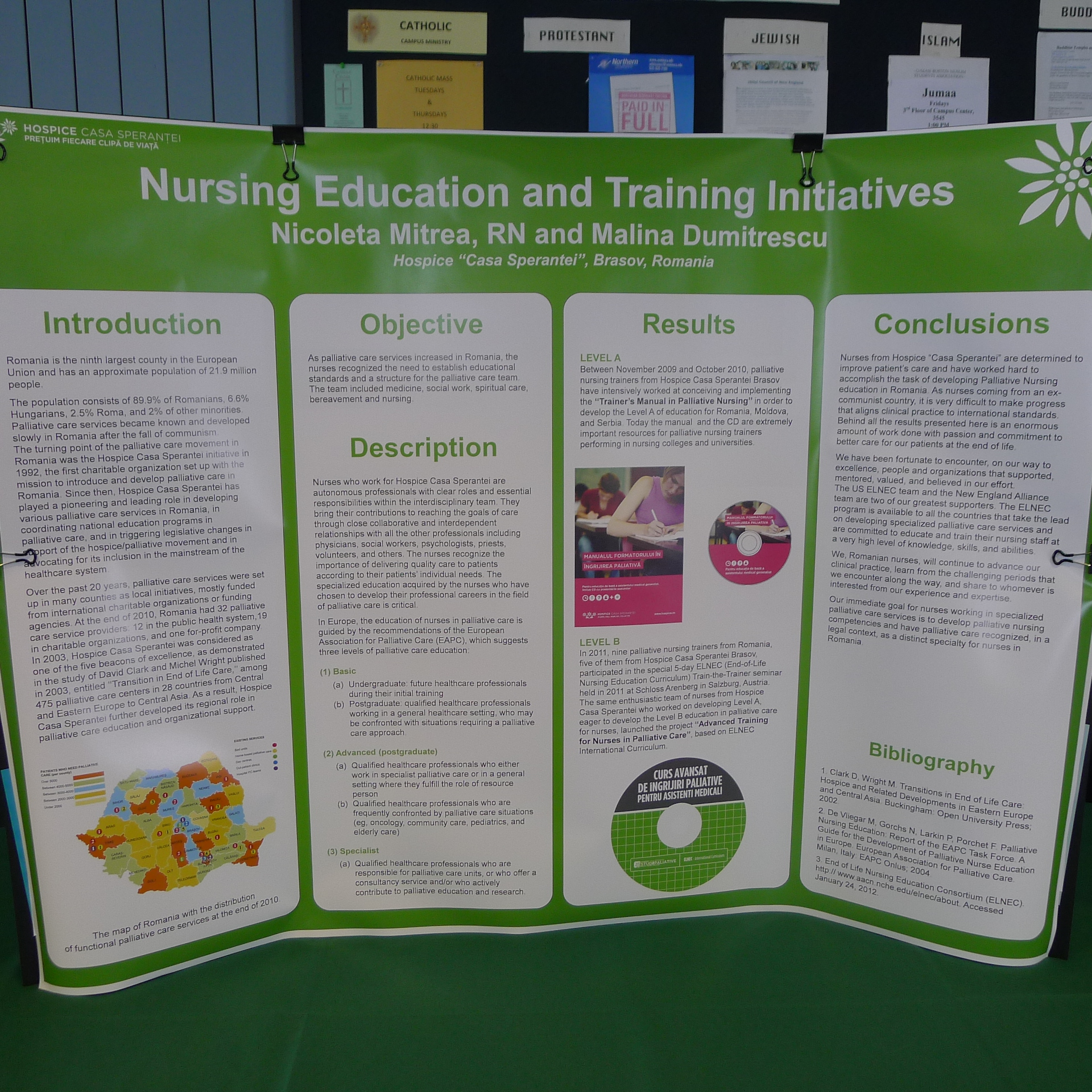Research

The GNC is aware of the importance of research and policy in understanding the challenges of improving health in diverse settings. Research provides data to inform the design of interventions addressing health and policy in resource-constrained settings. There continue to be issues to address, including oversight, informed consent processes, and the integration of local/global partnerships in design, analyses, and interventions in global health research. Global health research requires the inclusion of nurses in the design of studies and the implementation of evidence into practice. However, the role of nurses in global health research is not described and requires increased:
- Training
- Collaboration
- Visibility
- Advocacy
All four actions are needed to foster the presence of nurses as both investigators on research studies and advocates for policies that improve the health and well being of all people. This page provides resources for nurses exploring research and policy in global settings. We have compiled a list of websites to train and inform nurses about some of the ethical and practical issues inherent in conducting research in these sites. Additionally, GNC members represent a wide array of experiences in research, clinical care, and policy advocacy in settings around the globe. The GNC seeks to foster collaboration and sharing of ideas about experiences and lessons learned.
General Information on Research
Office for Human Research Protections Database Database for registered IORGs & IRBs, approved FWAs, and documents received in the last sixty days.
Information on Research Ethics
Ethical Challenges in Short-Term Global Health Training Web-Based Course This course consists of a series of ten cases to introduce trainees and others involved in global health research and service to ethical issues that may arise during short-term training experiences abroad. Bioethics Resources on the Web Bioethics Resources on the Web provides a compilation of web links to information of potential use and interest to diverse audiences – biomedical and behavioral researchers, health care professionals, research participants, patients and patient advocates, students and faculty in different disciplines, and the general public. With the aim of helping individuals and groups explore the vast array of issues in bioethics, the information accessible through this portal spans a wide range of topics, including human subjects and animal research, institutional review boards (IRBs; also known as research ethics committees), clinical ethics, international research ethics issues, genetics, and neuroethics, among others. Other information encompasses: teaching materials (including case studies and curricula), conferences and events, journals in the field, and academic centers and institutes in bioethics. The site also provides links to information about bioethics initiatives at the institutes and centers of NIH and other government agencies. Research Ethics Training Curriculum Developed by Family Health International 360, this curriculum provides guidance for international researchers on the establishment of universal ethical standards in designing and implementing research involving human participants.